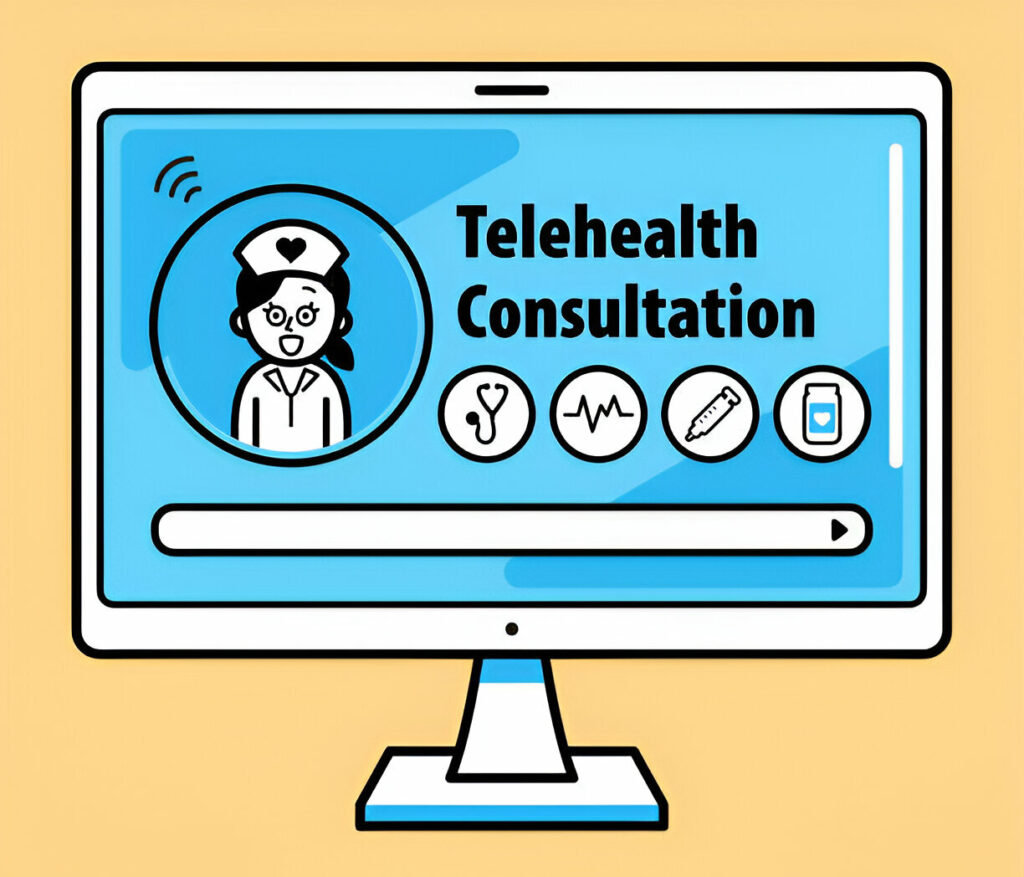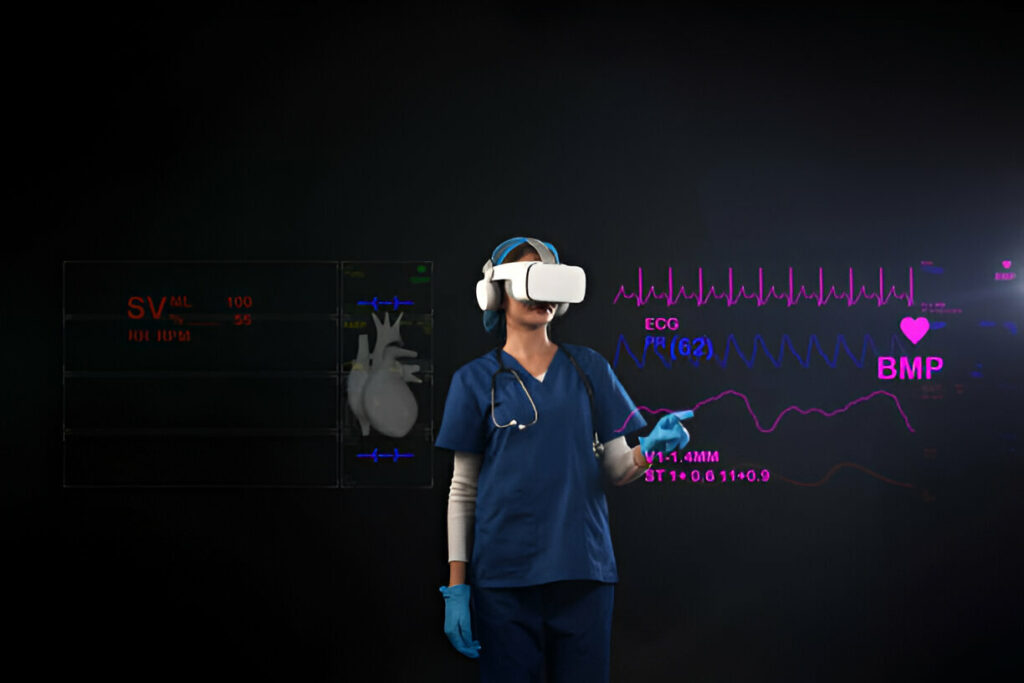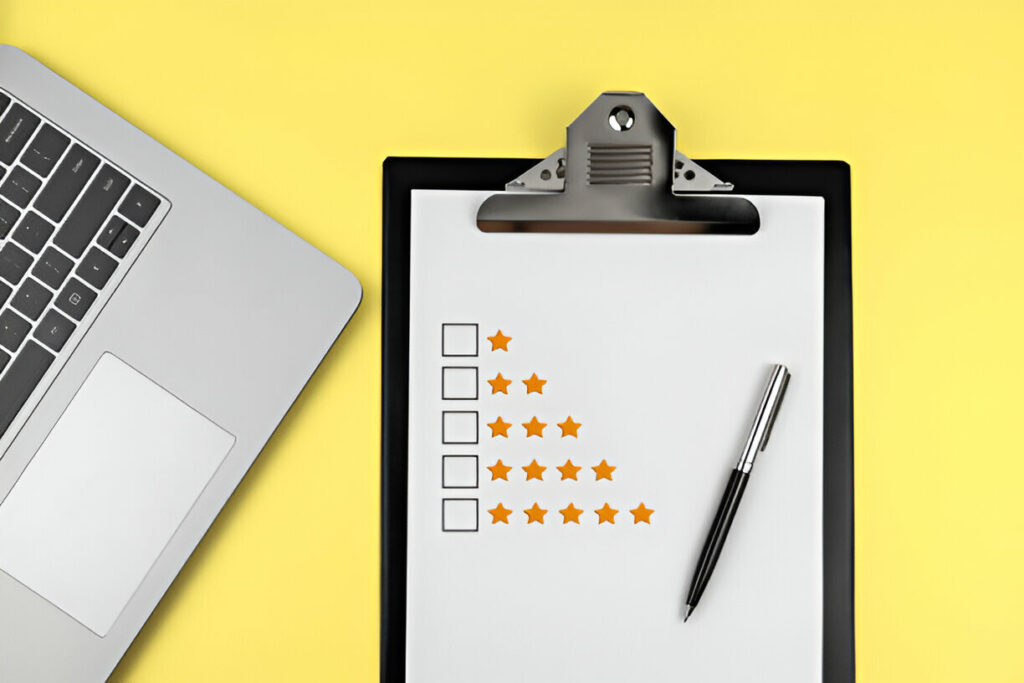Last Updated on March 11, 2025 by II Editor
Healthcare is one of the most critical sectors in modern society, yet it faces numerous challenges that hinder efficiency, patient care, and cost-effectiveness. From long waiting times to misdiagnoses and administrative bottlenecks, these issues have far-reaching consequences for both patients and healthcare providers. Fortunately, artificial intelligence (AI) is emerging as a game-changer in tackling these problems. AI-driven solutions are transforming healthcare by improving diagnostics, reducing human error, streamlining administrative tasks, and enhancing patient outcomes.
In this article, we explore some of the key problems in healthcare that AI can solve, highlighting how these technological advancements are shaping the future of medicine.
Problems in Healthcare That AI Can Solve
Below is a list of some of the Problems in Healthcare That AI Can Solve.
1. Reducing Diagnostic Errors
One of the most significant challenges in healthcare is diagnostic errors, which can lead to incorrect treatment, prolonged illnesses, and even fatalities. AI-powered diagnostic tools, such as deep learning algorithms and image recognition software, can analyse medical images with high accuracy, often surpassing human radiologists.
For example, AI-driven tools like IBM Watson and Google DeepMind’s AlphaFold are being used to detect cancer, cardiovascular diseases, and neurological disorders with impressive precision. These AI systems can identify patterns in imaging scans, laboratory results, and patient histories, reducing the risk of misdiagnoses and ensuring patients receive the right treatment promptly.
2. Improving Medical Imaging and Radiology
Medical imaging plays a crucial role in diagnosing diseases, but traditional methods can be time-consuming and prone to errors. AI is revolutionising this field by enhancing the accuracy and speed of image interpretation.
AI-powered tools can analyse X-rays, MRIs, CT scans, and mammograms with remarkable accuracy, enabling early detection of diseases like cancer. For instance, Google’s AI-based breast cancer detection model has demonstrated higher accuracy than human radiologists in identifying malignancies. Additionally, AI can assist radiologists in prioritising urgent cases, ensuring timely interventions for critical patients.
3. Enhancing Patient Triage and Emergency Care
In emergency departments, quick decision-making is crucial. However, overcrowding and long waiting times often delay treatment, leading to severe consequences for patients.
AI-driven triage systems can assess patient symptoms, prioritise cases, and guide healthcare professionals in delivering timely care. AI chatbots and virtual assistants, such as Babylon Health and Ada Health, use natural language processing (NLP) to evaluate symptoms and recommend appropriate action, reducing unnecessary hospital visits and optimising emergency response times.
4. Optimising Hospital Workflows and Administrative Tasks
Administrative inefficiencies consume valuable time and resources in healthcare facilities. Tasks such as scheduling appointments, managing electronic health records (EHRs), and processing insurance claims are often labour-intensive and prone to human errors.
AI automates these processes, improving efficiency and reducing administrative burdens. For example, AI-driven chatbots can handle appointment scheduling, while machine learning algorithms streamline EHR management by organising patient records, identifying anomalies, and assisting with documentation. By minimising paperwork, AI allows healthcare professionals to focus more on patient care.
5. Enhancing Drug Discovery and Development
Traditional drug discovery is a time-consuming and expensive process, often taking over a decade to bring a new drug to market. AI is accelerating this process by identifying potential drug candidates and predicting their effectiveness through data-driven analysis.
AI models, such as DeepMind’s AlphaFold, have revolutionised protein structure prediction, helping researchers develop new treatments for diseases like Alzheimer’s and cancer. Additionally, AI-driven simulations reduce the need for extensive clinical trials, cutting costs and speeding up the availability of new medications.
6. Personalising Treatment Plans
Every patient responds differently to treatments, making personalised medicine a crucial aspect of modern healthcare. AI leverages big data to analyse genetic information, lifestyle factors, and medical history to create tailored treatment plans.
For example, AI-driven precision medicine platforms like IBM Watson Health analyse vast amounts of medical literature and patient data to recommend personalised treatment options for conditions such as cancer and autoimmune diseases. This ensures patients receive the most effective therapies while minimising adverse side effects.
7. Addressing Healthcare Staffing Shortages
Many healthcare systems worldwide face staffing shortages, leading to increased workloads for medical professionals and reduced patient care quality.
AI-powered robotic assistants and automated systems can fill these gaps by performing routine tasks such as patient monitoring, medication management, and even robotic-assisted surgeries. AI-driven systems like TUG robots help transport medical supplies within hospitals, reducing the strain on healthcare staff.
Additionally, AI-driven virtual assistants can handle patient inquiries, freeing up doctors and nurses to focus on critical cases.
8. Improving Mental Health Support
Mental health services often suffer from limited resources and long waiting times. AI-powered mental health chatbots and virtual therapists offer immediate support to individuals struggling with stress, anxiety, and depression.
Platforms like Woebot and Wysa use AI to engage users in therapeutic conversations, provide cognitive behavioural therapy (CBT), and offer mental health resources. These AI-driven tools ensure continuous support, especially in regions with limited access to mental health professionals.
9. Enhancing Remote Patient Monitoring and Telemedicine
The rise of telemedicine has revolutionised healthcare delivery, particularly in remote and underserved areas. AI-powered remote patient monitoring devices track vital signs, detect abnormalities, and alert healthcare providers in real-time.
For instance, wearable devices like Apple Watch and Fitbit use AI to monitor heart rate irregularities and detect early signs of conditions such as atrial fibrillation. AI-driven predictive analytics further help doctors anticipate health issues before they escalate, improving proactive care.
10. Detecting and Preventing Fraud in Healthcare
Healthcare fraud, including insurance fraud and fraudulent medical claims, costs billions annually. AI-driven fraud detection systems analyse patterns in claims data, identify anomalies, and flag suspicious activities.
Machine learning algorithms help insurance companies detect fraudulent claims by recognising irregularities in billing patterns and patient records. This ensures that resources are allocated correctly and prevents financial losses in the healthcare sector.
Conclusion
AI is undeniably revolutionising healthcare, addressing some of the most pressing challenges in the industry. From improving diagnostic accuracy and streamlining administrative processes to personalising treatment plans and enhancing mental health support, AI is making healthcare more efficient, accessible, and cost-effective.
While AI cannot replace human healthcare professionals, it serves as a powerful tool to augment their capabilities, reduce workloads, and improve patient outcomes. As AI technology continues to evolve, its role in healthcare will only expand, ensuring a future where quality medical care is more efficient, accurate, and widely available.
The integration of AI in healthcare is not just a technological advancement—it is a necessity for a more sustainable and patient-centric medical system. Policymakers, healthcare providers, and technology innovators must collaborate to ensure the ethical and effective implementation of AI-driven solutions, paving the way for a healthier tomorrow.









